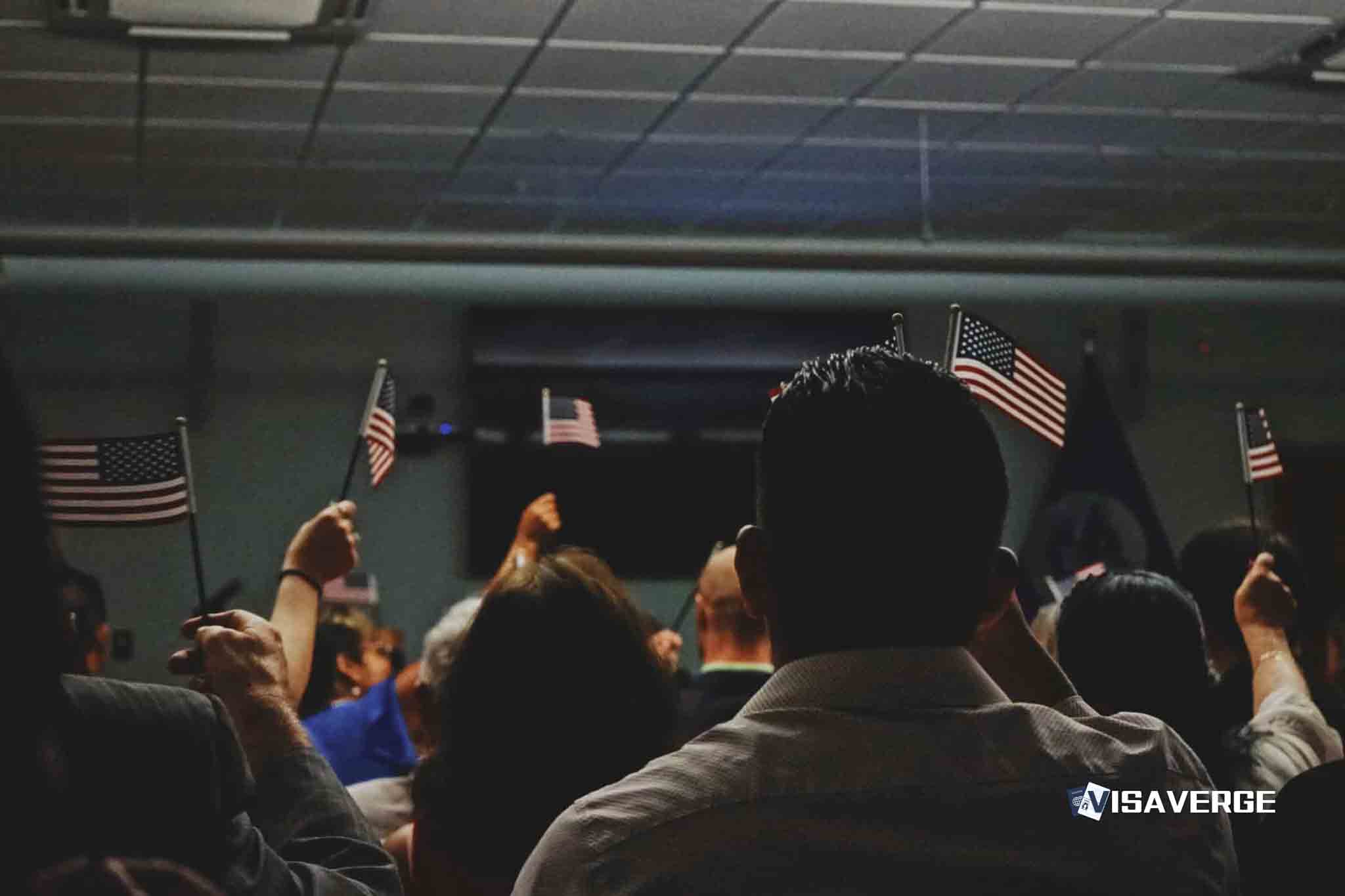Key Takeaways
- A federal court blocked Biden’s “Keeping Families Together” policy, designed to help undocumented immigrants marry U.S. citizens gain residency.
- Judge Barker’s ruling emphasizes executive overreach concerns and reignites debates on legislative versus executive immigration powers.
- Ruling affects immigrant families, highlighting mixed-status struggles and calls for comprehensive immigration reform amid legal challenges.
A recent federal court ruling has once again placed the complexities of U.S. immigration policy under scrutiny. On August 27, 2024, Judge J. Campbell Barker of the U.S. District Court for the Eastern District of Texas issued a temporary restraining order against the Biden administration’s policy aimed at granting legal status to specific undocumented immigrants married to U.S. citizens. This policy, dubbed “Keeping Families Together,” was designed to create a pathway toward legal permanent residency for an estimated 500,000 undocumented immigrants—those who have been married to U.S. citizens for a minimum of 10 years.
The policy proposed that eligible individuals could utilize “parole in place” to remain in the United States while applying for permanent residency without leaving the country. This would potentially avoid the risk of facing re-entry bars—a crucial consideration for many who have lived in the U.S. for decades. However, the new legal status policy faced immediate legal challenges. A coalition of 16 Republican-led states, with Texas at the forefront, contested the policy, arguing it encroached upon congressional authority and existing immigration laws.

Judge Barker’s decision reflects a critical judicial view on executive overreach, a recurring theme in past debates over U.S. immigration policy. The temporary restraining order, lasting 14 days, ensures that the federal courts will further examine the legal arguments surrounding the policy, weighing executive authority against legislative powers.
Analysis from VisaVerge.com suggests that this ruling is emblematic of longstanding tensions between different branches of government when it comes to immigration. Historical parallels can be drawn to the Obama administration’s efforts with the Deferred Action for Childhood Arrivals (DACA) and Deferred Action for Parents of Americans (DAPA) programs, both of which faced extensive legal scrutiny. The contentious back-and-forth over similar policies underscores the lack of comprehensive legislative action, leaving executive orders vulnerable to legal challenges.
The ruling’s implications extend beyond the undocumented immigrants directly affected—it touches the lives of their U.S. citizen spouses and roughly 50,000 children under 21 years of age. The average length of their residence in the United States is 23 years, demonstrating deep roots in their communities. Many immigrants contribute significantly to the economy, often occupying essential roles within their localities. This uncertainty places immense strain on mixed-status families, both emotionally and financially.
Opinion is sharply divided on Judge Barker’s temporary blocking of the policy. Supporters argue that it is crucial for the executive branch to enforce immigration laws with discretion and to prioritize family cohesion. The legal status policy aligns with fundamental principles of U.S. immigration that emphasize family unity. Conversely, critics insist that such far-reaching initiatives should require congressional approval, asserting that the executive branch must not bypass the legislative process in crafting immigration policy.
For immigrant advocacy groups, the ruling is a major setback. They highlight the precariousness of leaving families in a protracted legal limbo and stress the policy’s potential to stabilize their status, fostering greater societal involvement free from the threat of deportation. Advocates argue that the policy would have allowed undocumented immigrants to contribute even more fully to American society.
Supporters of stricter immigration control hail the ruling as a necessary assertion of legal order, meant to curtail perceived executive overreach. They view the ruling as upholding the constitutional separation of powers, which delineates the roles of Congress and the executive in immigration matters.
This legal setback reignites broader discourse on immigration reform, an area where experts advocate for comprehensive legislative solutions to address the complexities of the current system. The ad hoc nature of executive actions followed by inevitable legal contests exacerbates instability and complicates long-term immigration planning.
The ongoing conflicts over executive-led immigration measures reflect broader tensions worldwide. Countries such as Mexico, which have substantial populations of undocumented immigrants in the U.S., may view the ruling as an impediment to collaborative efforts on immigration issues. It might also strain diplomatic negotiations and broader bilateral relations between these countries and the United States.
As the appeals process unfolds, potentially reaching the Supreme Court, the ruling could influence future executive authority over immigration policy. Its outcomes carry significant weight for the Biden administration’s broader immigration agenda. Indeed, as the administration continues to face legal hurdles, its strategies in navigating these challenges will likely shape the migration discourse leading up to the 2024 presidential election.
In sum, this case underscores the perennial struggle to reconcile the humane treatment of long-term undocumented residents with the demands for stricter immigration enforcement. It calls attention to the difficult balance between upholding the rule of law, maintaining family unity, and recognizing economic contributions within immigration policy frameworks. As the legislative and judicial sectors clash over their roles, millions of immigrants continue to face an uncertain future, navigating a legal landscape filled with challenges. For more details on this unfolding situation, readers can refer to official government portals such as U.S. Citizenship and Immigration Services.
Learn Today
Temporary Restraining Order: A short-term court order to temporarily halt an action, pending further court review.
Parole in Place: A special allowance enabling certain immigrants to stay in the U.S. legally while adjusting their status.
Re-entry Bars: Legal prohibitions that prevent undocumented immigrants from re-entering the U.S. after leaving, typically lasting 3 or 10 years.
Executive Overreach: Actions taken by the executive branch that extend beyond its constitutional authority, often encroaching on legislative powers.
Mixed-status Families: Families composed of members with varying immigration statuses, such as undocumented immigrants and U.S. citizens.
This Article in a Nutshell
A recent federal court ruling suspended the Biden administration’s “Keeping Families Together” policy aimed at granting legal status to undocumented immigrants married to U.S. citizens. Sparking debate on executive authority and congressional power, this decision highlights ongoing struggles for humane immigration reforms within a complex legal framework, further affecting thousands of families.
— By VisaVerge.com
Read more:
• Shocking Raid in Texas: 4 Indian-Americans Busted for Human Trafficking
• Shock Twist: Texas Gas Station Robbery Exposed as Immigration Scam
• Explained: The New Texas Immigration Law and Its Impact
• Supreme Court Approves Enforcement of Texas Immigration Law
• Supreme Court Delays Texas State Deportation Law








